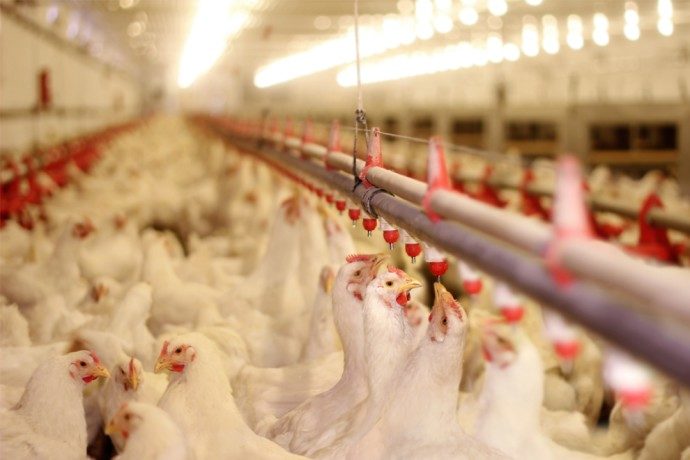ATLANTA — Poultry market experts cautioned industry stakeholders of a bumpy outlook ahead at the Poultry Market Intelligence Forum, held at the 2024 International Production & Processing Expo (IPPE) in Atlanta, and sponsored by the US Poultry & Egg Association.
Brian Earnest, lead animal protein analyst at CoBank delivered a presentation on the “Domestic and Global Poultry Market Outlook for the Poultry & Egg Industry.” Earnest warned attendees that with increasing trade restrictions, US exports and imports could face challenges in the future.
“Trade protectionism is on the rise. We are seeing harmful trade restrictions, especially in goods and service,” he said. “The world is not going towards a free trade environment. We are entering an era of ‘slowbalization,’ due to the global financial crisis.”
During a presentation from David Swayne, consultant at Birdflu Veterinarian LLC, on the “Domestic and Global Outlook of High Pathogenicity Avian Influenza for 2024,” he noted that avian influenza is not a single disease.
Swayne explained there have been 45 events based on distinct virus genetic lineages, of which 41 have been eliminated and four are ongoing. The H5N1 2344 clade has shown evidence of entrenchment for four years in some wild birds, and it has an ecological change that varies from asymptomatic infection to mass die-offs.
To fight the virus, Swayne said the practice of biosecurity, movement control and stamping out infected poultry are some important next steps.
In a Washington outlook Christian Richter, principal with The Policy Group, noted that while the economic new for the United States is very positive with high stock markets and consumer expectations, there is much uncertainty for the industry.
“What is the outlook for this year? Ugly and unpredictable; we are in choppy waters,” Richter said as he opened his presentation.
He added, “Not a lot of legislation has been done, and both parties have responsibilities to have the legislation done. Congress is also running behind on the Farm Bill, and it has been extended for one year. There is concern on both sides of the aisle.”



